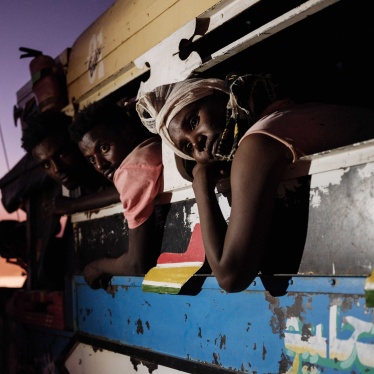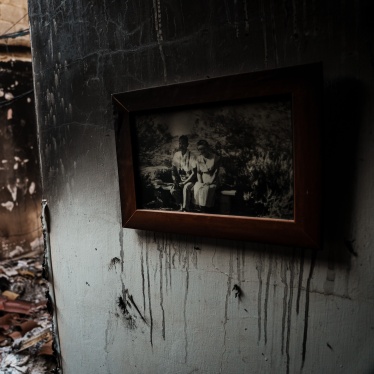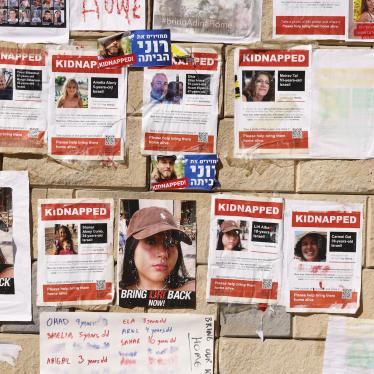It was disappointing to read a recent article by a senior police officer, Emilian Kayima, in The New Vision blaming women for being victims of sexual violence. Instead of taking on the men responsible for the violence and abuse, Kayima, a former police spokesperson, went on a tirade against women.
Rape and other forms of sexual assault are acts of violence and abuse, period. They are about power and domination, not sexual attraction, driven by the attacker’s decision to act in an abusive way, not dependent on a victim’s action or behavior. Unfortunately, damaging sexist statements and attitudes that blame victims are common. These harmful statements may be uttered under the guise of offering women and girls general safety advice but they only reinforce inappropriate social norms that justify and normalize the abuse.
Victim-blaming compounds the trauma of sexual assault and magnifies stigma and shame. It also deters survivors from coming forward.
Still, women in Uganda have been speaking out against the violence they face. Loudly. In 2018, they marched in the streets because they felt no one was listening when there was a spate of gender-based abductions and killings. Adding their voice to the global #MeToo movement, they spoke out about the sexual harassment they face at work and at school, pushing major organizations to rethink sexism, revise their sexual harassment policies, and take action against abusers.
A few years ago, Ugandan courts took a laudable step to try to restore faith in the justice system by holding special court sessions to fast-track cases of sexual violence and clear a backlog of these cases. NGOs have also partnered with the government to support similar hearings by providing mobile courts in remote areas. Ugandan women’s courage is evident in the face of the injustices they have faced when countering sexual violence in their daily lives. They are demanding justice. And they do so in the face of data from Uganda’s police that confirms an increase in the reported case of sexual violence.
Unfortunately, Ugandan leadership has not responded adequately to sexual violence. The misogynistic anti-pornography law of 2014 initially had provisions that sought to control women’s bodies as it essentially banned women from wearing mini-skirts (or even having brightly colored nails). This law spurred attacks on women, some of whom were stripped naked.
Women in senior positions of power in government have not been spared from sexual harassment. One member of Parliament was subjected to cyberstalking. Another MP reported sexual harassment from her male colleagues, and even at this senior level in government, received no support. The case of the senior state attorney who said she was sexually harassed by a colleague for a decade has been widely reported in the press too.
Prosecuting sexual violence is challenging, more so in conservative societies where sex is considered a taboo topic. Police play a critical role in working with communities to deter crime, including gender-based violence. Police should be trained on best practices for understanding gender-based violence, handling complaints, and treating survivors with sensitivity. This includes treating sexual violence seriously and supporting victims instead of blaming them.
As the first point of contact in the judicial system, the police can ensure a survivor-centered approach, including by prioritizing urgent initial medical care and time-sensitive evidence collection. Working with communities to reaffirm support for survivors can go a long way to reinforce survivors’ trust in the police.
The Ugandan government, including the police, should denounce Kayima’s comments and make a strong stand against sexual violence. This means treating sexual violence as the crime it is and not excusing it based on discriminatory and misinformed attitudes. It means placing the blame on the abusers and conducting rigorous investigations into all incidents of harassment and violence. It also means building trust with the community and demonstrating that survivors can expect support if they come forward, not further victimization.






